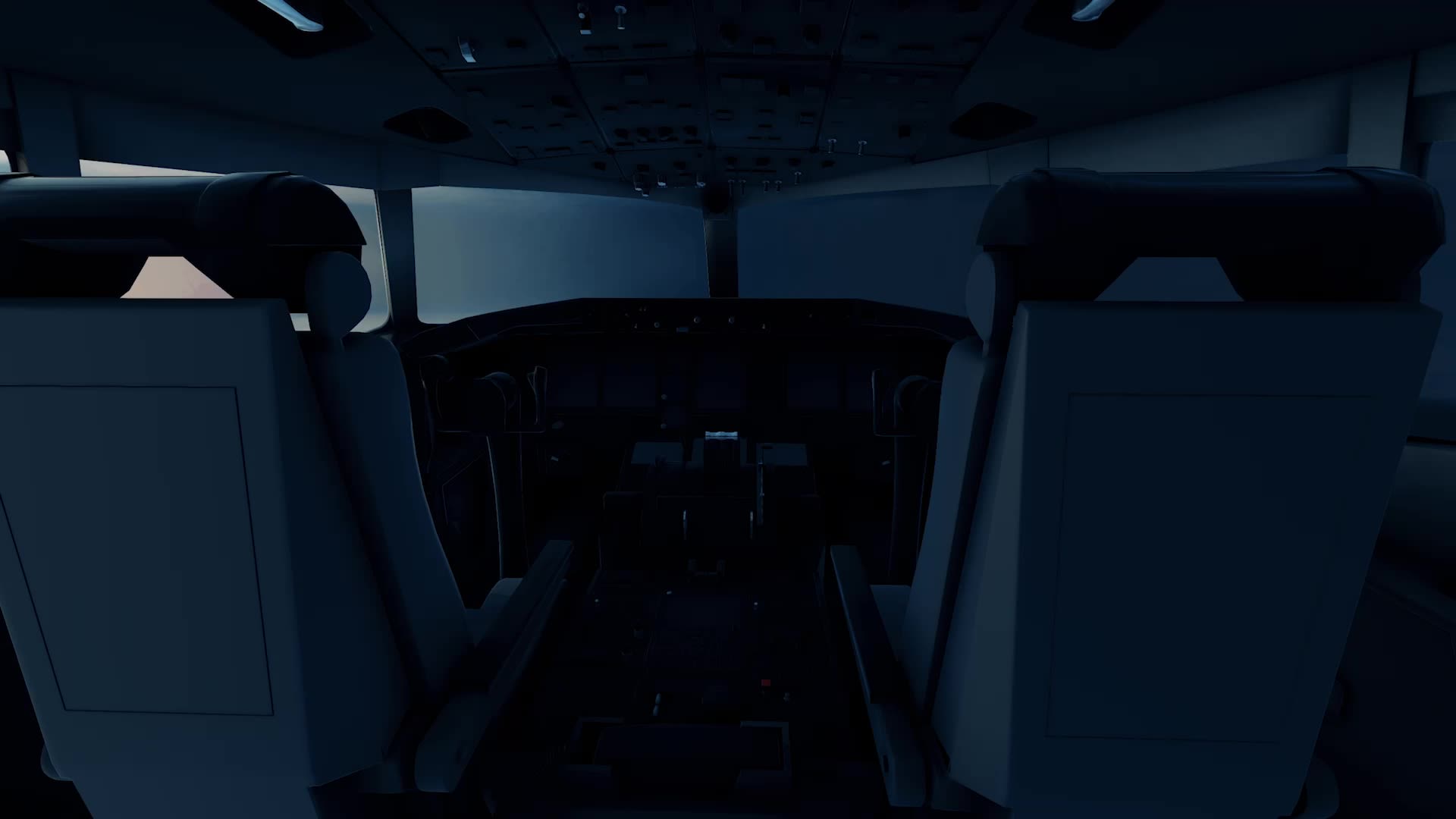AI co-pilot takes over when needed
Artificial intelligence promises to boost aircraft safety

Researchers at the Massachusetts Institute of Technology have developed an artificial intelligence ‘co-pilot’ that could make flying even safer. The Air-Guardian system was developed by scientists at the institute’s Computer Science and Artificial Intelligence Laboratory (CSAIL).
The system acts as a ‘pro-active co-pilot,’ filling in the gaps and paying attention to things that a human pilot might miss during critical moments. It uses eye-tracking and ‘saliency maps,’ which pinpoint where the pilot’s attention is directed. Then it uses these markers to identify early signs of potential risks, unlike traditional autopilots, which only intervene during safety breaches.
"An exciting feature of our method is its differentiability," said MIT CSAIL postdoc Lianhao Yin, a lead author on a paper about Air-Guardian. "Our cooperative layer and the entire end-to-end process can be trained. We specifically chose the causal continuous-depth neural network model because of its dynamic features in mapping attention. Another unique aspect is adaptability. The Air-Guardian system isn't rigid; it can be adjusted based on the situation's demands, ensuring a balanced partnership between human and machine."
"This system represents the innovative approach of human-centric AI-enabled aviation," said Ramin Hasani, MIT CSAIL research affiliate and inventor of liquid neural networks. "Our use of liquid neural networks provides a dynamic, adaptive approach, ensuring that the AI doesn't merely replace human judgement but complements it, leading to enhanced safety and collaboration in the skies."
"The Air-Guardian system highlights the synergy between human expertise and machine learning, furthering the objective of using machine learning to augment pilots in challenging scenarios and reduce operational errors," said Daniela Rus, director of CSAIL, and senior author of the paper.
You're reading a brand new digital publication from the team at Professional Engineering. We'd love your feedback: let us know what you think at profeng@thinkpublishing.co.uk
